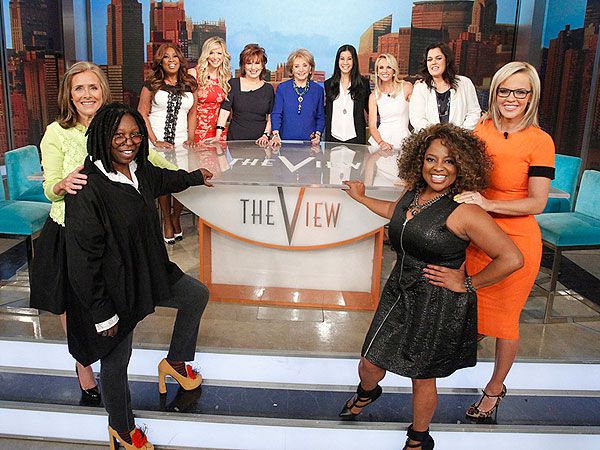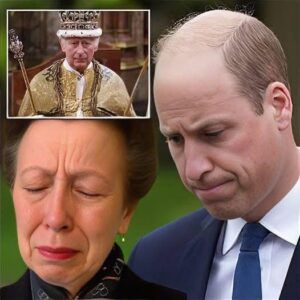Stephen Colbert is no stranger to controversy, but this time, the late-night host is facing backlash not for a joke—but for what critics are calling a “calculated smear campaign.”
In a viral segment that aired last week on The Late Show, Colbert took aim at a high-profile political figure during one of his trademark monologues. But as the clip quickly gained traction online, sharp-eyed viewers and political analysts began to notice something suspicious: key moments from the original speech by Colbert’s target had been strategically edited, allegedly to make them appear hypocritical, incoherent, or even sinister.
The revelation triggered a wave of criticism, with some accusing Colbert of “deliberate manipulation” and “weaponizing comedy to mislead the public.”
“This wasn’t satire,” said media ethics analyst Dana Hill. “This was a surgical edit designed to alter public perception. Colbert’s team didn’t just trim for time—they cherry-picked, spliced, and distorted context in a way that fundamentally changed the meaning of what was said.”
The controversy deepened when the full, unedited video of the politician’s original remarks surfaced online—offering a starkly different narrative than the one Colbert presented. What had been portrayed as contradictory or inflammatory was, in reality, a nuanced discussion clipped mid-sentence.
Supporters of the politician in question wasted no time calling out the deception. Within hours, hashtags demanding Colbert issue a retraction began trending, and several public figures on both sides of the aisle voiced concern over the growing trend of political misinformation masquerading as comedy.
“This is exactly how trust in media dies,” tweeted one well-known commentator. “When even our comedians start playing dirty with the truth.”
Colbert’s defenders argue that late-night shows have always operated in a gray area between humor and editorial. They say that exaggeration and selective quoting are part of the genre’s DNA—and that viewers understand they’re watching entertainment, not journalism.
But that argument hasn’t satisfied everyone. In an age where comedy monologues often go viral faster than traditional news reports—and where millions take their cues from cultural figures rather than journalists—the line between “funny” and “fact” is blurrier than ever.
Critics aren’t just upset at the edit—they’re alarmed at its reach. The clip, posted across social media by The Late Show’s official accounts, racked up over 12 million views before the original video was even
noticed. By then, the damage had already been done.
Stephen Colbert’s Monologue Predicted Trump’s Disinfectant Advice
“There’s no rewind button for public opinion,” said Hill. “Once a false impression takes hold, it’s nearly impossible to undo.”
As pressure mounts, Colbert has so far remained silent on the controversy. Neither he nor CBS has issued a formal comment or apology. Meanwhile, online debates continue to rage over what responsibility entertainers have when their words—and edits—shape the political discourse of millions.
This isn’t the first time Colbert has walked the edge. His scathing monologues, especially in the Trump era, won him both admiration and enemies. But even some of his fans now admit this moment may have crossed a line.
“Satire is powerful,” one longtime viewer wrote. “But when it turns into manipulation, it stops being funny—and starts being dangerous.”
What comes next could define not just Colbert’s credibility, but the future of late-night TV in a divided America. Is this still comedy? Or is it propaganda in disguise?



